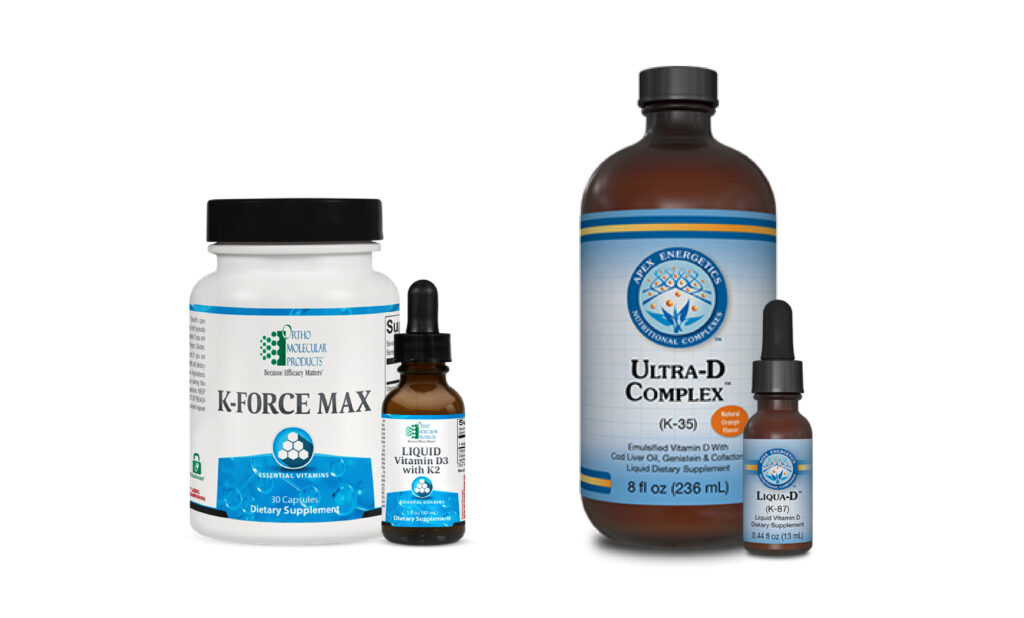When most people think of vitamin D, they picture strong bones. And while that’s certainly true, the role of vitamin D in your body extends far beyond simply skeletal health. At Austin Transformational Health, we encourage our patients to look at vitamin D through a more holistic lens that connects it to immune support, hormone balance, and even healthy aging.
What Is the “Right” Level of Vitamin D?
Conventional medicine generally considers a vitamin D blood level of 30 ng/mL or above to be “sufficient.” But that standard is based almost entirely on bone health, specifically, preventing rickets or osteoporosis.
Functional and integrative medicine looks deeper. Research and clinical experience suggest that optimal levels for whole-body wellness are closer to 60–80 ng/mL, with 70 often cited as a sweet spot. At this range, vitamin D doesn’t just maintain bone; it acts more like a hormone, influencing dozens of pathways in your body.

Vitamin D as an Anti-Inflammatory and Hormone Regulator
Vitamin D isn’t just a nutrient; it functions as a hormone transporter and signaling molecule. That means it helps regulate and balance other hormones, including those tied to mood, thyroid function, and reproductive health.
It’s also a powerful anti-inflammatory agent. Chronic low-grade inflammation is linked to many modern health challenges, from autoimmune conditions to gut health issues and cardiovascular disease. Adequate vitamin D levels can help regulate inflammation, supporting overall vitality and reducing the risk of age-related decline.
Immune Support and Anti-Aging Benefits
Your immune system depends on vitamin D to function properly. Studies show that individuals with optimal vitamin D levels have fewer infections, milder seasonal illnesses, and stronger immune resilience overall.
Beyond immunity, vitamin D also supports healthy aging. By reducing inflammation, regulating cell growth, and protecting against oxidative stress, it can help maintain energy, mental clarity, and mobility well into later decades of life.
Can You Get Enough Vitamin D from the Sun?
Sunlight is the most natural source of vitamin D. When UVB rays hit your skin, your body produces vitamin D3. But here’s the challenge:
- Geography and season matter since in many places, you simply can’t make enough vitamin D during the winter months.
- Skin type plays a role, as darker skin tones require more sun exposure to produce the same amount of vitamin D.
- Sunscreen use effectively blocks vitamin D production. While protecting your skin is important, daily sunscreen use can mean your body makes very little vitamin D naturally.
For these reasons, many people struggle to maintain optimal levels through sun exposure alone.

Vitamin D products we offer at Austin Transformational Health.
How to Support Optimal Vitamin D
- Test, don’t guess. A simple blood test can reveal your current vitamin D level, which is not usually included in a standard blood panel.
- Consider supplementation. High-quality vitamin D3 (often paired with vitamin K2 for absorption and bone health) can help fill the gap.
- Balance sun exposure. A few minutes of unprotected sun on arms and legs may be beneficial, depending on your skin type and the season.
- Work with us. Individual needs vary; that’s why we recommend a personalized plan rather than a one-size-fits-all dosage. We are here to help you navigate the pathway to better health.
Vitamin D in Context: Part of a Bigger Picture
While vitamin D is a cornerstone for immune resilience, hormone balance, and healthy aging, it’s only one piece of the wellness puzzle. Other nutrients play important roles, too.
For example, Omega-3 fatty acids support cardiovascular health by helping regulate blood pressure and circulation. They’re also vital for brain health, improving cognitive function, and reducing inflammation in the nervous system.
And stay tuned for our next blog in this supplement series, where we’ll explore the relationship between CoQ10 and statins, and why understanding that connection can make a big difference for long-term vitality.
Looking for blood testing that includes your current vitamin D levels, or want to learn more about how we can support your specific needs with vitamin D supplements and other methods? Schedule an appointment with Dr. Bryn today!



